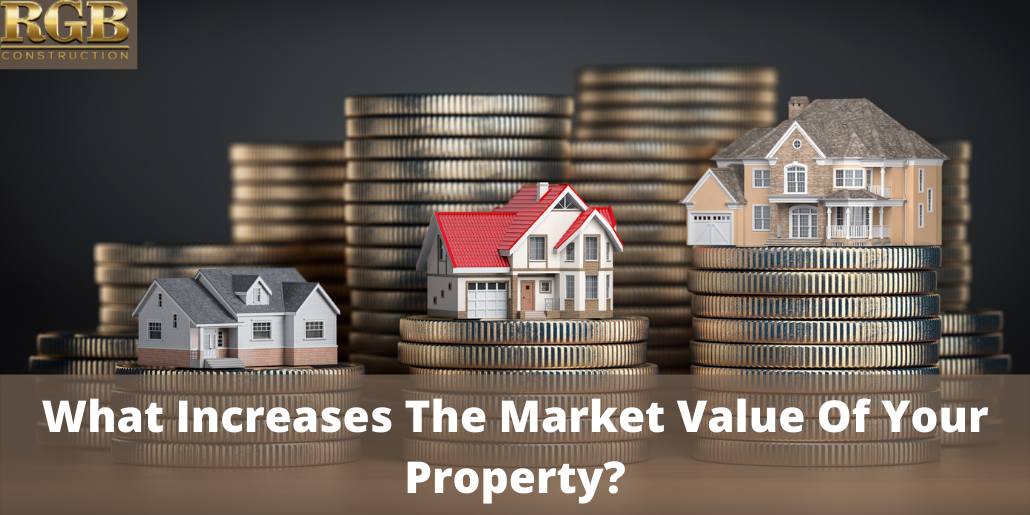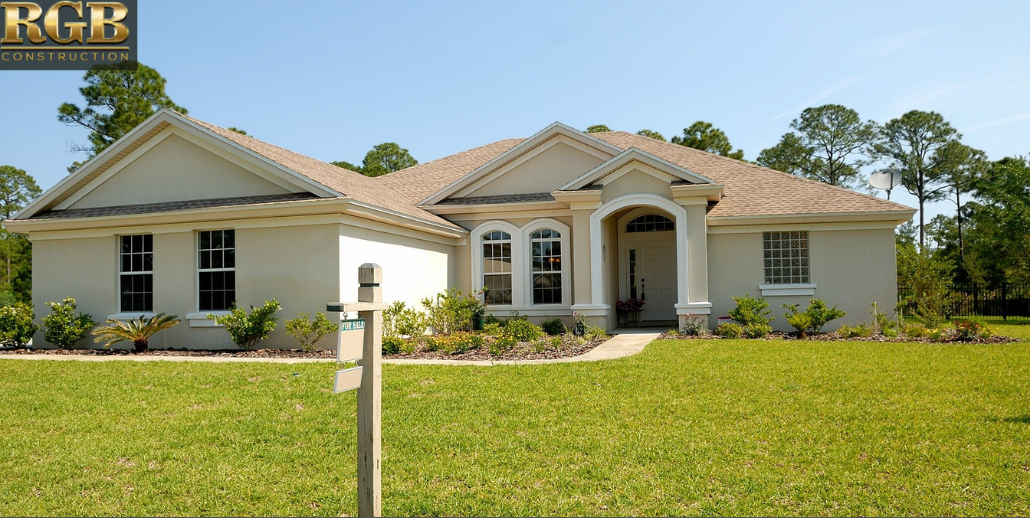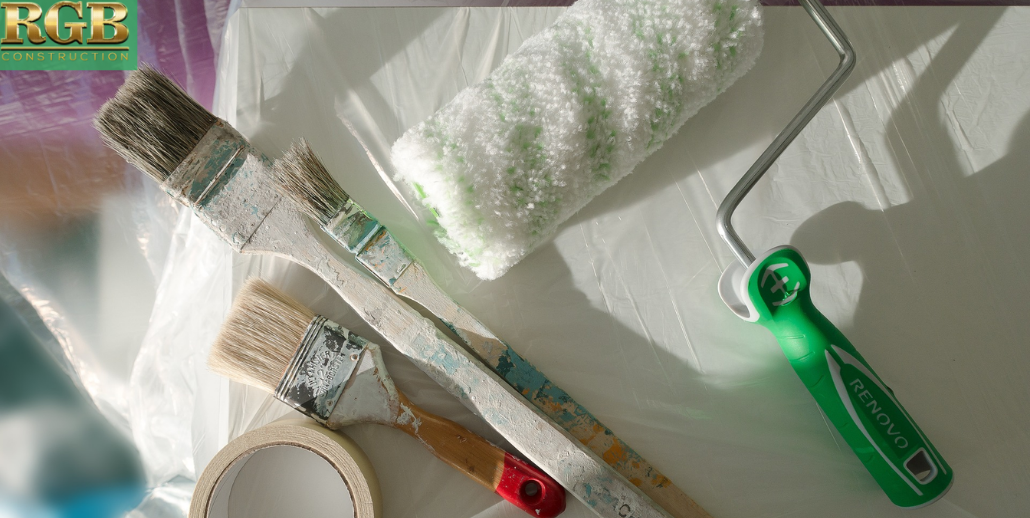One word that homeowners love to hear: appreciation. Not only do you appreciate when the value of your home increases, but you get to reap the benefits whenever you decide to sell it. However, it takes a bit of work to increase the market value of your property. Not only do you need to understand the ebb and flow of the real estate market, but you need to maintain the condition of your home.
Today, we are going to explain the most essential factors that influence the value of your home.
1. Home Size and Space
Whether it is a single-family home or multi-family unit, most properties are calculated by the price per square foot. For example, if a 1,400 square foot property is sold for 285,000, the price per square foot is $203.57. This price, however, is variable—and is influenced greatly by other factors in this list.
That is why some home buyers might consider $200 per square foot a steal or a ripoff. They will also be considering how much of that space is usable. The space that can be taken up with furniture is just as important as the total size of the house.
Unfinished basements, attics, and garages are not typically considered when figuring out the usable square footage since these are not considered “livable.” So, if that same 1,400 square foot property and an additional 500 square foot garage, that 1,400 square foot is what is counted, even though it’s really 1,900 square foot in total.
Because of this, it may be wiser to transform an attic or basement into a spare bedroom, bathroom, or living space. Since such rooms are coveted, the value of your home will be higher than if you left those spaces unfinished.
2. Location
You may have noticed that there are districts within large cities and towns that cost less than other regions. One street may have homes worth millions while the next road over is half the cost. It proves that location is a determining factor in the property value of your home. Unfortunately, many of these factors cannot be altered, and so you will have to figure out ways to work around it if you are negatively impacted by location.
Appraisals consider the following primary factors:
- Local school distance and quality
- Distance from shopping centers, recreation, and entertainment
- Opportunities for employment
- Zoning and commercial development
How does this play out? Let’s say your home is within walking distance to one of the best schools in the city, and you also have trendy businesses nearby or have immediate access to the city center, the value of your home will appreciate faster than properties that are farther from everything.
3. Comps
Do you live somewhere where every house on the block has a For Sale sign out front? Comparable homes, usually known as “comps,” may be direct competition for your sale, but it can also help you figure out the value of your property. You can find comps by looking at recent sales in the surrounding area, as well as the similarities between the properties (architecture type, number of rooms, acreage, year built) and the distance.
Keep in mind that some factors can make estimating comps difficult. Some properties have very specific features that will influence their prices. Ask a real estate agent or use a computer program like Opendoor or Mashvisor to figure out comps.
4. Supply and Demand
Almost everyone understands the basic concept of supply versus demand. When the supply is limited but the demand is high, the cost of the item increases. When demand is low and supply is high, the cost is reduced. The same is true of the housing market. Property values will undoubtedly skyrocket when there is a strong demand, and buyers will be forced to compete against one another to seize a home. This could incite bidding wars.
Communities with little to no inventory (4-5 houses for sale) will have higher values than places where there are 20 or more houses on the market, for instance. And if that location is highly desirable? Whoever is selling those homes will get the absolute best price.
5. Economy
As we have seen in recent years, the housing market and economy are not directly linked. That said, economic factors do alter property values since supply and demand will be affected.
Population growth, borrowing cost, and the job market can also impact real estate. Take population growth. When a neighborhood becomes desirable for young families moving into a budding job market, the cost of housing will inevitably rise. The same is true for the job market. When there is a slump in job growth, people tend to either stay where they are or seek out cheaper housing.
Similarly, when the rate for mortgages drops, it beckons to buyers and property flippers. This is because lower mortgage rates can save those buyers thousands of dollars over the years.
6. Updates and Renovations
Lastly, your home—and its current condition—determines the value. Compared to newer models, older houses are appraised for much less. This is because critical components of a building, such as electrical, roofing, and plumbing, will all begin to deteriorate over the years, even with preventative maintenance. Even if the older home is in good condition, people are willing to pay much more for a newer home.
Therefore, if you plan on selling a home, do the following before getting the appraisal:
- Replace windows and doorways, including the garage door
- Repair and/or replace the roof
- Upgrade the outdated HVAC system
- Purchase energy-efficient fixtures
- Replace any damaged wood, particularly sections damaged by dry rot or pests
You can go a bit further with renovations. Repaint the walls with neutral colors. Remove carpets from the floors and polish the wood underneath. Small changes can amount to larger improvement potential in the eyes of the buyer.
Conclusion
While many of the influences on home value cannot be changed, knowing what impacts the value can help you when it comes time to sell. Keep in mind that one of the best ways to improve upon the value of your property is to ensure the house itself looks great. Enhancing curb appeal and doing minor renovations goes a long way.
Looking for someone to help with those renovations? Contact RGB Construction by filling out the contact form or giving us a call.











